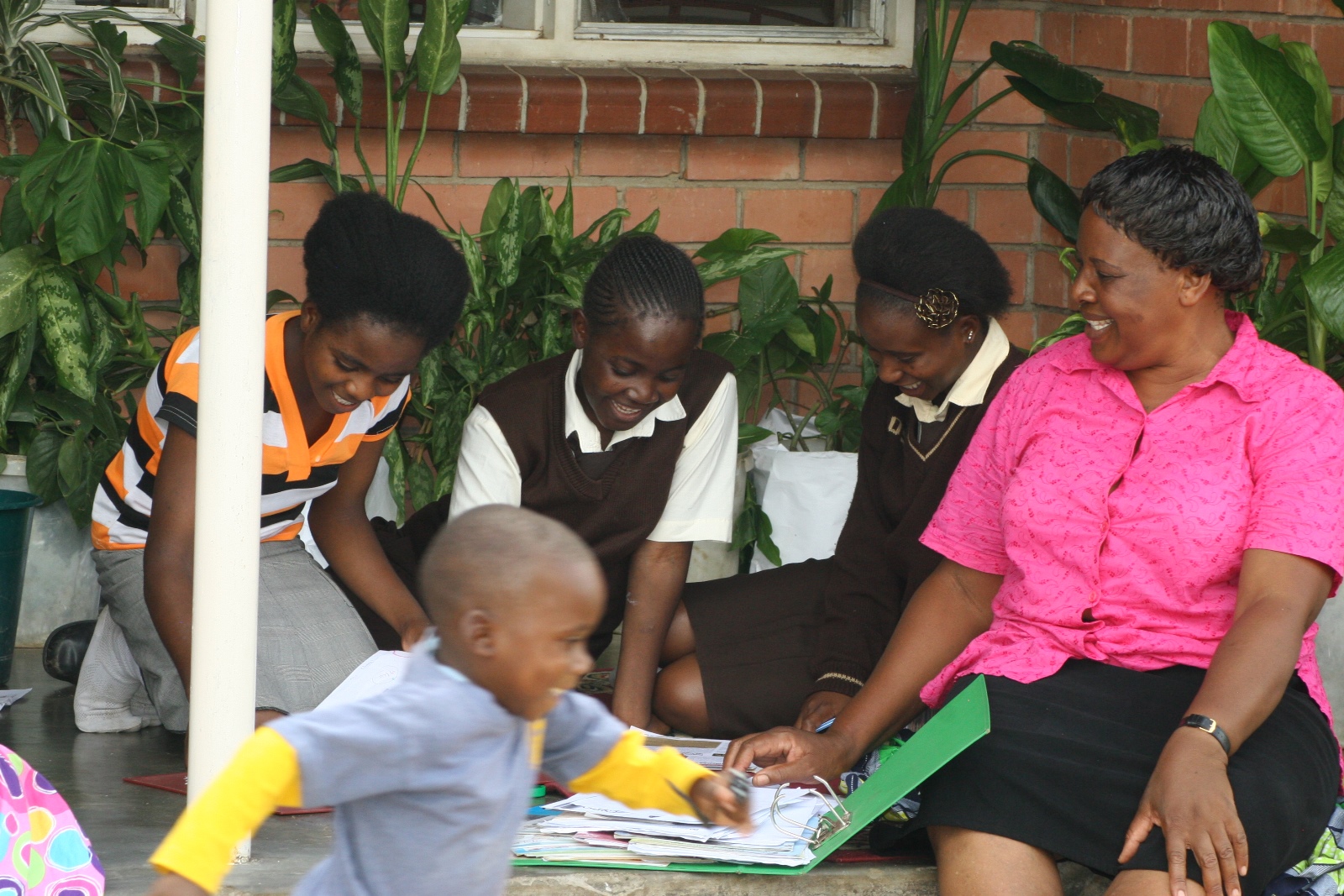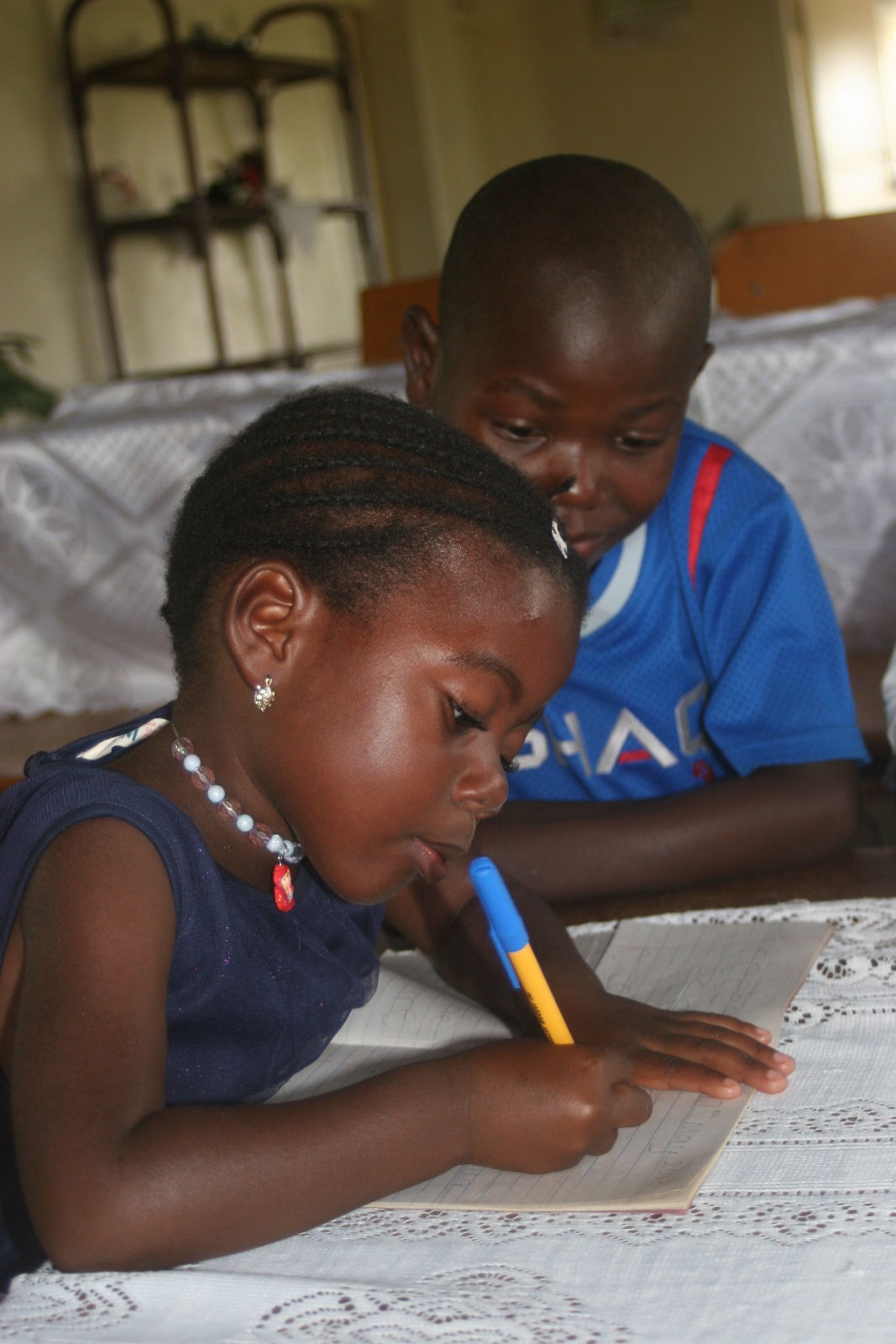Life on the city streets is fraught with violence and drug abuse
.jpg?width=800)
The township of Kitwe is located in the Copperbelt Province and has a population of roughly 504,000. It is one of Zambia’s most developed towns and an important commercial and industrial hub. There are still large copper mines to the west of the city, but the wealth these natural resources bring does not trickle down to the local population.
In addition, copper prices have been on the decline in recent years and the copper mining industry here has been privatised, meaning fewer jobs for the local population. Unemployment levels have therefore skyrocketed. Poverty rates in the region remain very high and living conditions, especially for children, are extremely tough.
An estimated 100,000 children in Kitwe District have lost the care of their parents or are at risk of losing it and live in conditions of abject poverty. In downtown Kitwe, the desperate situation of these children is highly visible, as there are countless gangs of children living in the streets. The children band together in groups, thus creating a sense of camaraderie and belonging. Many of them are addicted to inhaling a mixture of benzene and paint solvent, and the girls often resort to prostitution to earn some money. The children range in age and some are even born into this life. Their lifestyle means that these children are socially marginalised and find it difficult to reintegrate, even if they have the opportunity to do so.
Rural poverty drives many to the city
Levels of poverty are high in rural areas, but in a good year when rainfall is reliable, people usually have enough food. But when rainfalls are erratic and harvests fail, many people face food shortages, as adequate means of food storage are not available. In addition, most farmers grow only maize and this lack of crop diversification can lead to malnutrition, especially in children. Local farmers also face problems during the rainy seasons when roads are often flooded, making it impossible for them to transport their goods to the market to sell. Land ownership, too, is an issue, as farmers usually hold no title deeds for the land they cultivate. This means that their livelihoods are very insecure as they could be told to leave the land at any time.
In rural areas, basic services are few and far between and people often have to travel long distances to reach hospitals or schools. In many cases, parents cannot afford to send their children on the long journey to school. When families have been affected by HIV/AIDS, this can lead to a downward spiral into abject poverty as medical and transportation costs are high.
What we do in Kitwe
.jpg?width=800)
SOS Children’s Villages began its work in Kitwe in 2004. In recent years, we have expanded our family strengthening programme in the region so as to reach as many struggling families as possible. We ensure that children have access to essential health and nutritional services, as well as education. In cooperation with local organisations, we also strengthen the support systems for vulnerable families within the community.
The SOS Medical Centre treats up to 10,000 families each year, providing basic medical care, preventive medicine, and a voluntary testing and counselling centre for those affected by HIV/AIDS. All services are open to the community, enabling many people to receive treatment who otherwise could not afford it.
For children from the region who are no longer able to live with their parents, 16 SOS families can provide a loving home for up to 192 children. In each family, the children live with their brothers and sisters, affectionately cared for by their SOS mother.
The children attend the SOS Kindergarten in Kitwe together with children from the neighbourhood, which ensures that they are integrated into the local community from a young age. The children then go on to complete their primary education at the SOS school, which is attended by almost 700 pupils from the region.
Once young people reach an age where they are ready to move out of their SOS family home in order to pursue further education or vocational training, the SOS Youth Programme continues to support them throughout their transition into adulthood. They live together and, with the guidance of an SOS educator, they learn to take responsibility and prepare for independent life.